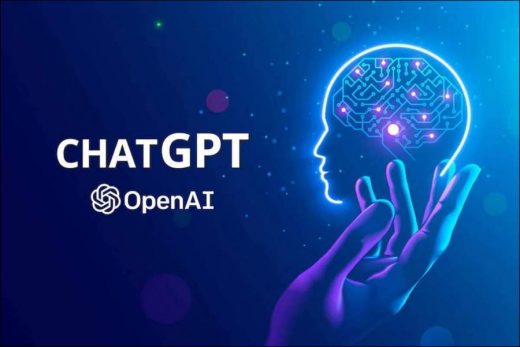“We’re back,” OpenAI CEO Sam Altman wrote in a Twitter post. In other words, ChatGPT can now continue browsing the internet.
“We have received helpful feedback since the first scanning launch in May,” OpenAI explained in a tweet from its official account. “Updates include tracking robots.txt and defining user agents so sites can control how ChatGPT interacts with them.”
Robots.txt is the file that allows web crawlers to access a site’s content. Many sites have chosen to block OpenAI’s web crawler tool GPTBot due to unfair web crawling that could lead to copyright infringement and lack of compensation. Therefore, even though ChatGPT was connected to the world wide web, it could not access news sites such as the New York Times, Washington Post, The Guardian, Reuters, CNN, as well as Amazon, Wikihow, Quora, Shutterstock and Indeed.
With or without internet access to some of the world’s most important websites, ChatGPT is still a powerful tool. In this way, users can get real-time information about current events. The fact that Twitter / X does not block ChatGPT access provides an advantage.
Although only ChatGPT Plus and Enterprise users can currently browse the internet with ChatGPT, the feature is planned to be available to all users sooner or later. You’ll also need to enable chat history for the browser add-on to work, which means agreeing to share your personal data to train the model. So if you’ve made your chat history private, get ready to share your real-time browsing data with OpenAI.
Views: 477





